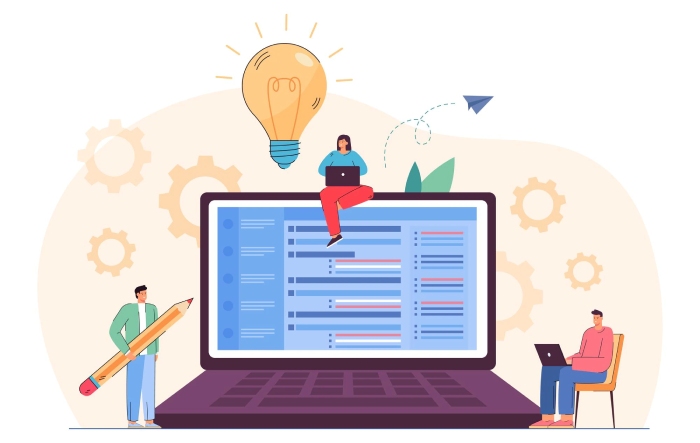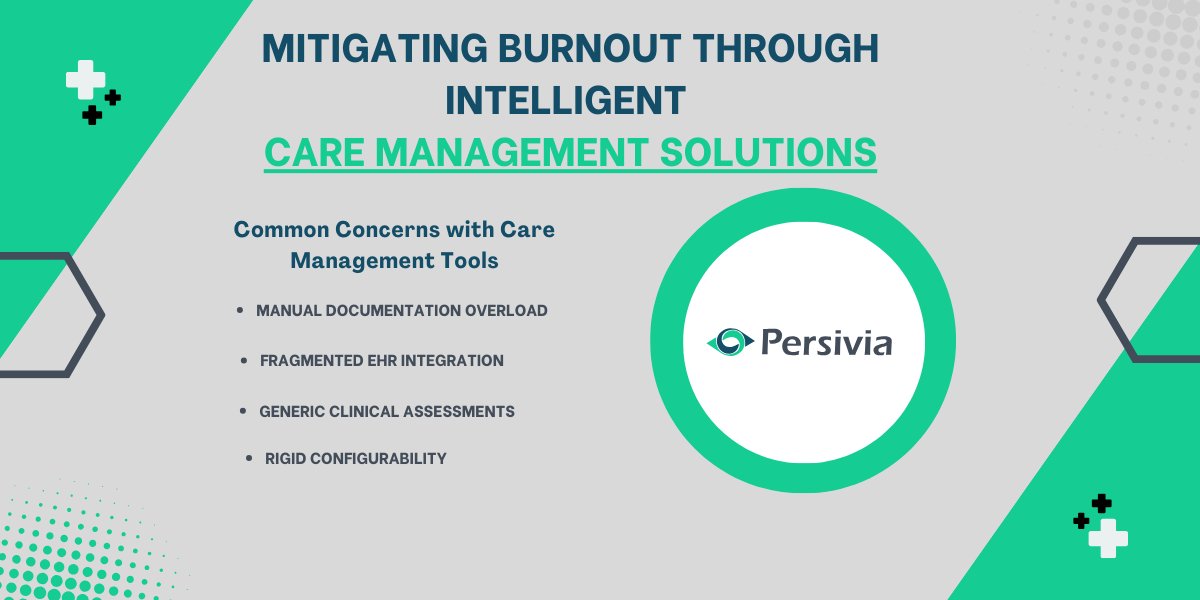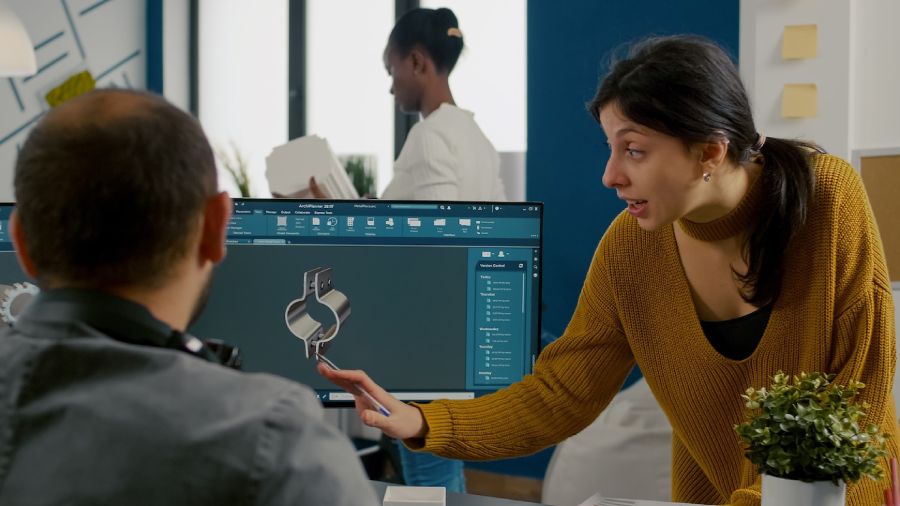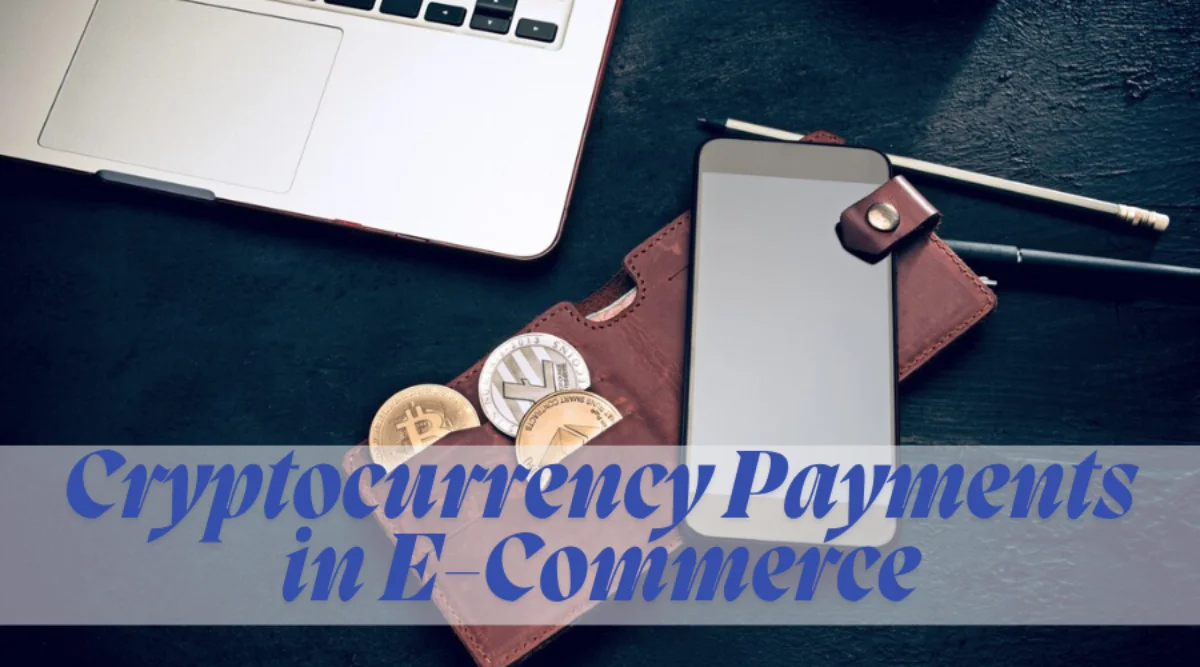
How to use coding projects to build your business
Before you start, ask yourself:
- What is your motivation?
- What is your goal?
- How will you measure success?
- Why are you doing this?
- What are your obstacles and fears about coding projects and how will you overcome them?
Practice in a way that works for you
Learning how to code is a great way to build your business. In this post, I'll show you how to use coding projects as an opportunity for learning. We'll cover why it's important that you practice on something meaningful, along with some tips for getting started!
The best way to learn how to code is to code
The best way to learn how to code is by doing it. This is why we recommend taking a course or workshop that allows you to put your skills into practice immediately.
Learning the basics of coding can seem intimidating, but the more you do it, the easier it becomes—and you’ll find yourself making fewer and fewer mistakes along the way. There are many resources available that can help teach you everything from HTML and CSS all the way up through Javascript and Ruby on Rails (Rails). Some of these are free resources like Code Academy and Treehouse; others are paid platforms like Pluralsight or Udemy that offer access to thousands of online courses taught by industry experts. If nothing else, keep in mind that there will always be room for growth as an entrepreneur: every time someone works with your company for the first time, ask them what they think could be done differently next time around!
Find your motivation
The most important part of learning to code is finding a way that works for you. Some people learn best by reading, others by watching and still others through doing. If you are not a visual learner, learn by reading; if you are a kinesthetic learner, learn by doing.
In the beginning, we recommend focusing on one language at a time before moving onto another. Once you feel comfortable using one language to create something basic like an app or website, try learning another language!
Make a plan
The next step is to make a plan. You can use these steps:
- Start with a list of the features you want to build, and then add more details about those features.
- Next, write down everything that needs to be built for every feature on your list (even if it's not related).
- Then look at all the things you're building and ask yourself if they're really necessary for your product or service. If not, take them off the list! This will make it easier for you to keep on track as well as save time during development because there won't be any wasted effort spent working on unnecessary tasks.
- Finally, think about what parts of your business are unfamiliar so far—this could include anything from knowing how many employees would work best with given roles within an organization or deciding which software tools will help streamline processes within departments like HR when hiring new staff members that might otherwise take months before getting started due out later this year...
Don't forget to socialize
Don't forget to socialize! Socializing is important for you, the developer. You need to stay motivated and keep your eye on the prize. It's also a great way to get feedback on what's working and what isn't working for other people in your industry.
Working on your own can be lonely, so don't get too deep in the weeds. Engage with others who are learning to code and talk about what's working and not working for you
While working on code is a solitary activity, you'll need to engage with others to get your projects off the ground. This can be as simple as talking about what's working and not working for you in your project, or even just venting about where things are falling apart.
The best way to do this is by engaging with others who are learning to code and talking about what's working and not working for them. You may find that you have similar struggles or questions, but there are also likely ways that they have found success where you haven't yet. This can be extremely helpful when it comes time to launch your product—you'll know whether or not people will actually use your product based on real-world experience rather than guesswork and speculation alone!
Stay curious!
There is no shortage of information on the internet. There are thousands of tutorials, videos, and blog posts that will teach you the basics of coding. But there is one thing they all will tell you: don't stop learning! Stay curious about all aspects of coding—from how to write code efficiently, to understanding how it works under the hood (e.g., what happens when someone types in a URL), to knowing who else is interested in learning this stuff.
Stay curious about your business side as well. Are there ways for you to use programming skills at work? What new opportunities are there for your business or industry? What do other businesses in similar fields do differently from yours?
Lastly, stay curious about those who aren't interested in coding at all—or have negative associations with it because they've seen only stereotypical portrayals on TV or movies (e.g., "nerds" sitting alone at home drinking Mountain Dew). It's easy for us not-coders-but-who-do-a-lot-of-coding folks like myself or my friend Neomi Rao (@NeomiRao) (who tweets awesome stuff here)
You're not coding in a vacuum — socializing and getting feedback is an important part of the process
The process of coding can be a lonely one, but it's important to remember that you're not coding in a vacuum. You are surrounded by other people who have the ability to help you improve your skills.
While you might not want to join every open source project on Github (there are plenty), there are many ways to socialize and get feedback on your projects:
- Find local meetups or join online communities.
- Participate in hackathons, which are all about collaboration and building things together
- Ask your friends or colleagues if they'd like to see what you've been working on
Finish and share your coding project
In the spirit of getting your code done, the goal is to finish it. You should be focused on finishing and sharing your coding project instead of obsessing over getting it perfect. Just remember that it's better to complete something than never start at all.
It's not uncommon for developers to get stuck in the weeds with their code and spend too much time worrying about how they could have written things differently or made them more efficient. But as a non-coder, you don't need that level of perfection in order for your project to be useful or interesting! Your objective shouldn't be "write perfectly clean code," but rather "finish a working prototype."
Example Project: Build a simply currency conversion API
Let's take a look at an example project that you could use to learn how to build a currency conversion API like fxapi.com.
- First, what is a currency conversion API? A currency conversion API allows users to convert between currencies in real-time by sending and receiving live data between their systems and the service.
- Next, how would you go about building one? There are many ways that this can be done; however, since we're learning how to build an entire product here, let's just stick with using Python as our language of choice so we can get our hands dirty with some beginner level coding while still working towards building something tangible (and useful).
- Why might someone want to create such an application? Well, let's say that you're planning on traveling abroad and need help converting your dollars into euros or pounds sterling before making purchases while there - this type of application will do exactly that for you!
Learning how to code will help you build a business from scratch, and it's more fun than you think!
Coding is a creative process and unlike other learning methods, it's fun. You're not just memorizing information or following instructions from someone else. Instead, you have a blank canvas and you're free to create whatever you want.
Coding is also a great way to learn how to think logically and solve problems in an efficient way—which can help you build your business in many ways. You can use coding to build apps or websites, automate boring tasks at work or school, design your own software tools that make life easier (or more profitable), and even make money online!
Conclusion
Now you have all the tools and knowledge necessary to tackle your first coding project! Take a deep breath, slow down, and enjoy the process. Remember that even though it may be intimidating at first, coding is an enjoyable skill that will help you build a successful business. Once you've finished this project and share it with friends or family members who don't know much about coding yet, they'll be inspired by your achievement—and might even want to join in on the fun themselves.

Law Firm Management: How Technology is Driving Efficiency

Most Popular Social Networks: Dominating Online Platform







